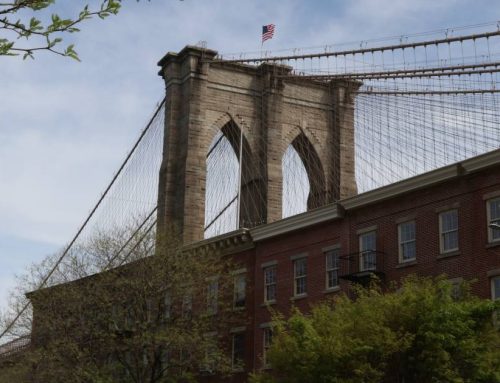On March 7, 2013, the United States District Court for the Middle District of Tennessee, in the case of Boyd v. General Revenue Corporation, et al, found that the Defendants did not violate the FDCPA when they placed phone calls and sent letters after receiving a validation request from Plaintiff because Plaintiff sent the request outside of the statutorily required 30 day period.
Plaintiff, William A. Boyd filed suit against defendants, General Revenue Corporation (GRC), United Student Aid Fund, Inc. (USA Fund) and Sallie Mae claiming that the defendants violated the Telephone Consumer Protection Act (TCPA) and The Fair Debt Collections Practices Act (FDCPA) by making numerous, repeated calls to his place of employment and home as well as his cellular phone to collect on what he believed to be a nonexistent debt.
On August 18, 2004 William Boyd executed a Federal PLUS Loan application and master promissory note with Sallie Mae with USA Fund being the guarantor of the loan. The plaintiff defaulted on the loan on October 24, 2006 at which time Sally Mae filed a default claim with USA Fund. USA Fund paid the default claim on February 23, 2007. USA Fund placed the plaintiff’s loan for collection with GRC. On October 4, 2010, GRC mailed an initial collection letter, including a notice of validation rights under the FDCPA to the plaintiff’s address advising the plaintiff that his loan was in default and the terms of the loan pertaining to United Student Aid Funds purchase of the loan and placing it with GRC for collection. The plaintiff was advised that unless he submitted a request in writing within 30 days after receiving this notice the he disputed the debt then they would assume that the debt is valid.
The plaintiff did not respond in writing but did make two telephone calls to a GRC collector stating that he was unable to make arrangements for the debt that day. After December 3, 2010, plaintiff did not answer or return any calls from GRC. However, on July 8, 2011, Boyd did send a written letter requesting validation of the debt. A second letter was sent by Boyd on August 30, 2011 stating that GRC failed to respond to his prior request.
In reviewing Motions for Summary Judgment filed by the Defendants, the court determined that GRC did not violate the FDCPA by placing phone calls to Plaintiff after receiving his request for validation. Since the written request from the Plaintiff came outside of the statutorily mandated 30 day period, the court found that GRC was not obligated to cease all collection efforts.
The court further found that GRC did not violate the TCPA because the calls made to his cellular telephone were manually dialed. GRC did us an auto-dialer for calls made to Boyd’s residence; however the court determined that calls made to an individual’s residence are outside of the TCPA. Therefore, because an auto-dialer was not used for calls to Boyd’s cellphone, but was used for calls to his residence, the court found that the TCPA did not apply and dismissed all claims.
The court further granted the summary judgment motions of Sallie Mae and USA Fund finding that the Plaintiff made no allegations against them, but rather all of the allegations were directed to GRC.
The Full Text of the Opinion May Be Found At:
http://scholar.google.com/scholar?scidkt=6151917493723069422&as_sdt=2&hl=en



